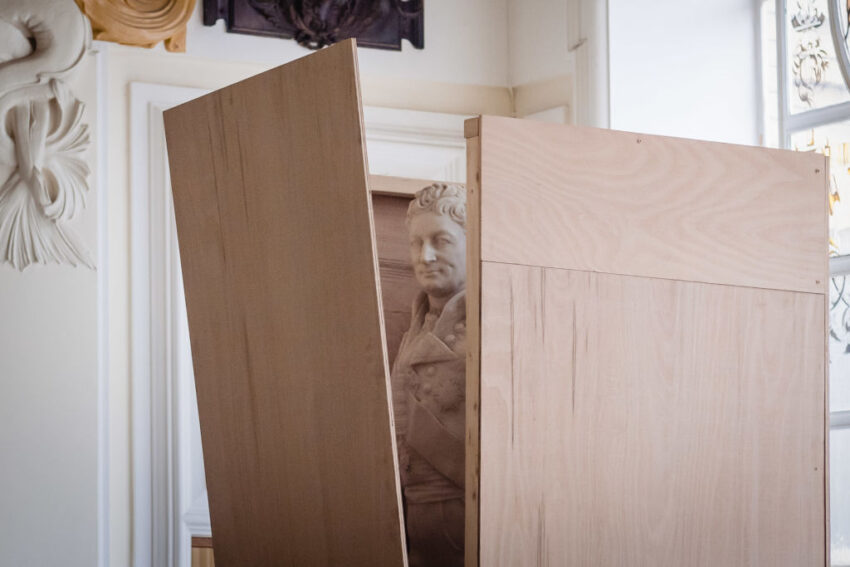A STATUE of a “sadistic” 19th century slave owner will be removed from Cardiff City Hall following a vote from councillors.
The marble statue of Sir Thomas Picton has stood in the civic building since 1916, as part of the Heroes of Wales collection.
He was the most senior officer killed at the Battle of Waterloo, and was also known for executing a dozen slaves while governor of Trinidad.
In one instance, he authorised the illegal torture of 14-year-old Louisa Calderon, and while he was found guilty he was never sentenced.
After the toppling of the statue of Edward Colston in Bristol, Cardiff Council has faced calls for its removal by Black Lives Matter protesters.
Cardiff councillors voted 57 in favour of removing Picton’s statue, five against, and nine abstentations.
It will be covered up while Cardiff Council seeks permission from the Welsh government to remove it, as the City Hall is a Grade I listed building.
‘Affront to black people’
The motion to have the statue removed was tabled by Labour’s Saeed Ebrahim, and read: “The behaviour of Picton as governor of Trinidad was abhorrent, even in his own era, and not deserving of a place in the Heroes of Wales collection.

“Heightened awareness about the history of slavery must include a reassessment of the regard in which we hold Picton, and many others who were actors and beneficiaries of slavery.”
The motion added it was an “error” Picton was included in the Heroes of War collection, and that the statue hadn’t been removed sooner.
Following the vote, Mr Ebrahim said: “The symbolism of me, a black man, tabling this motion to remove a slaver statue is not lost on me.”
The MP is also heading a committee that will engage with black communities to understand what they would like to see from officials.
Cardiff Councillor Huw Thomas, who previously said the statue of the “sadistic 19th Century slave owner” was an “affront to black people”, also welcomed the decision.
He said: “I am pleased our Council has taken the decision to remove this statue and I’m also pleased that this decision was made following a public debate and a democratic vote.
“However, whilst gestures such as this are important, they cannot deflect us from the harder task of trying to address the challenges still experienced by black communities today.”

